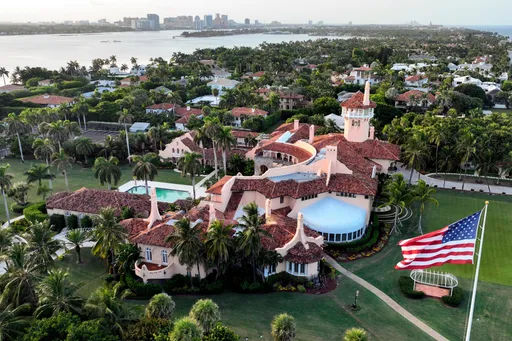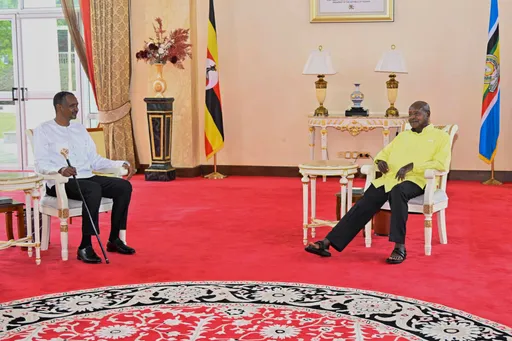Russia's Supreme Court issued a ruling on Thursday banning Jehovah's Witnesses and seizing their property after the justice ministry called on it to dissolve the religious group as an "extremist organisation".
Supreme Court judge Yury Ivanenko said Russia had decided to close down "the administrative centre of Jehovah's Witnesses and the local organisations in its fold and turn their property over to Russia."
The decision comes after the ministry said it had found signs of "extremist activity" within the religious movement and requested that it be banned.
"They represent a threat to the rights of the people, to public order and public safety," Russian news agencies quoted justice ministry representative Svetlana Borisova as saying.
The religious movement, which has 395 centres across Russia, has vowed to appeal the decision.
"I'm shocked," Yaroslav Sivulsky, who represents the group's administrative centre, told reporters.
"I didn't expect that this could be possible in modern Russia, where the constitution guarantees freedom of religious practice."
Sivulsky added that the group would take its case to the European Court of Human Rights if its appeal was rejected.
He said he feared that members of the group could face prosecution if they continued to gather and study the Bible.
"We fear that people will end up in jail," he said.
There are some 175,000 Jehovah's Witnesses in Russia, according to the group.
The powerful Russian Orthodox Church has spoken out against the group, with one church official branding it a "destructive sect" last month.
Members of the Jehovah's Witnesses -- a Christian evangelical movement that was born in the United States in the 19th century -- consider modern churches to have deviated from the Bible's true teachings. They reject modern evolutionary theory and refuse blood transfusions.
The justice ministry said Jehovah's Witnesses' opposition to blood transfusions violates Russian health care laws.
There are more than eight million Jehovah's Witnesses worldwide, with some countries classifying the group as a sect.
Its members are known for preaching on doorsteps, where they offer religious literature and attempt to convert people.























